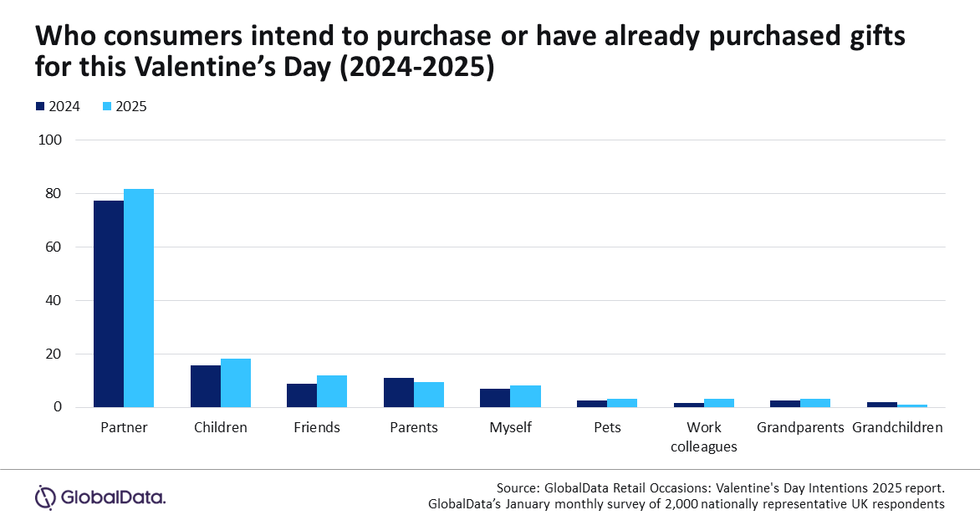The Coca-Cola Company has announced the appointment of John Murphy as president and chief financial officer, effective 1 October.
Murphy, who currently serves as executive vice president and CFO, will take the president role on 1 October, following the retirement of Brian Smith.
Smith, 66, has served as president and chief operating officer since 2019. He will remain with the company as a senior executive through February 2023.
“Brian has made innumerable contributions to the Coca-Cola system during his 25 years with the company,” said James Quincey, chairman and chief executive of The Coca-Cola Company. “I thank him for his service and, on behalf of the company, wish him all the best.”
Murphy, 60, has served as CFO since 2019, and will take on expanded duties as president and CFO.
“John has been a vital business partner and leader at the company,” Quincey said. “As president and CFO, John’s new role will be instrumental in driving critical, enterprise-wide imperatives across the Coca-Cola system.”
He began his career at Coca-Cola in 1988 as an international internal auditor and, in 1991, moved to Coca-Cola Japan as executive assistant to the CFO. He went on to serve in expanded responsibilities in various finance, planning and operations roles at the business and later served as its deputy president. He has been the president of the company’s former Asia Pacific group, South Latin business unit, and Latin Center business unit.
Before joining Coca-Cola, Murphy worked for four years as an auditor for Price Waterhouse in Dublin after qualifying as a chartered accountant of the Irish Institute of Chartered Accountants.







![Londis Harefield: Punching above its weight [Exclusive]](https://www.asiantrader.biz/media-library/retailer-atul-sodha.jpg?id=56093529&width=600&height=327)













